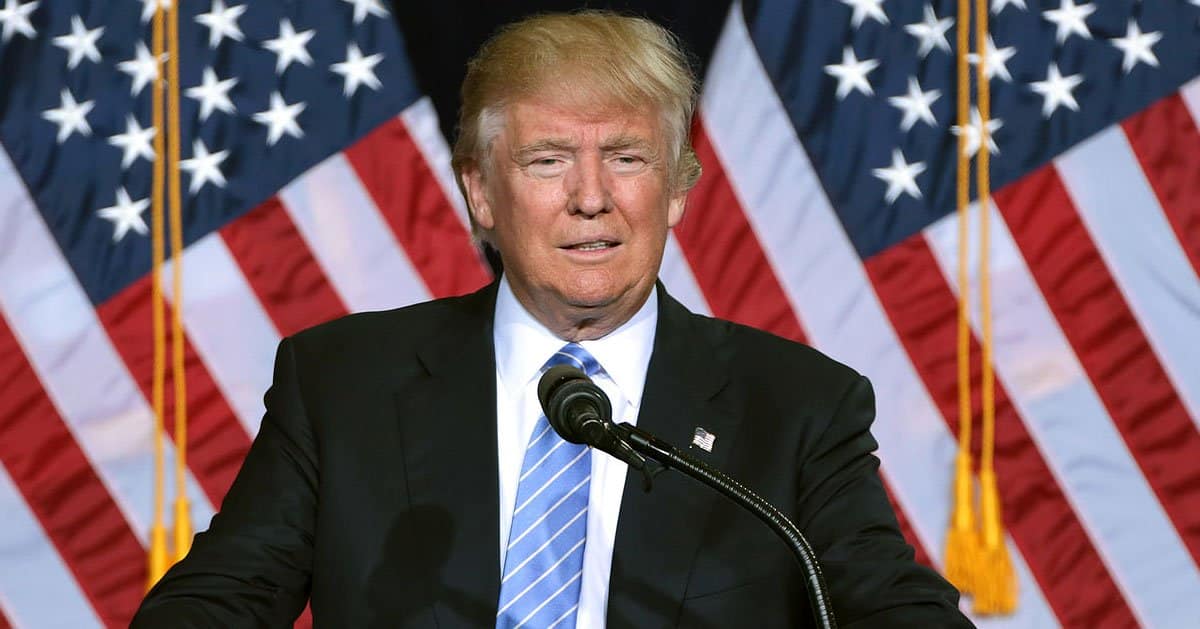







On Monday, an important shift in gun regulation occurred as the FBI’s Kash Patel, who is currently serving as the ATF’s acting director, repealed a notable policy from the Biden administration.
Breitbart reported that this repeal marks a significant change in the regulatory landscape concerning firearm oversight instituted during former President Biden’s tenure.
Patel's announcement included the repeal of the ATF's zero tolerance policy. This policy, a product of the Biden-era regulations, was intended to close down licensed gun dealers based on minor clerical errors.
The zero tolerance approach was criticized by some for being overly punitive, impacting dealers for mistakes that many believed were inconsequential. Rep. Eric Burlison, a Republican, welcomed the decision, noting it as a move to alleviate what he referred to as "oppressive overreach" that had negatively affected Second Amendment rights.
The zero tolerance policy's end reflects a broader examination of other gun-related regulations enacted during the previous administration.
Alongside the policy's repeal, Patel has set his sights on reviewing additional rules from the previous administration. Notably, the "engaged in the business" rule, which extended the requirements of firearm background checks, is under review.
This rule aimed to clearly define what constitutes being "engaged in the business" of dealing firearms. By broadening the scope of background checks, the rule sought to elevate the checks' comprehensiveness during transactions.
Supporters and critics of the rule have debated its implications, with particular attention paid to its impact on personal sales and hobbyists.
Another regulation set for examination is the stabilizer brace rule. This provision reclassified AR-pistols equipped with stabilizer braces as short barrel rifles, subjecting them to more stringent oversight and regulations.
Stabilizer braces were initially developed to aid disabled veterans in safely handling firearms. However, their increasing use prompted regulatory changes aiming to categorize these modified pistols into a different class of firearms.
The classification change under the Biden administration introduced new complexities for owners and dealers, requiring adjustments to adherence practices.
Kash Patel, outlining his approach, emphasized the importance of fairness and clarity when addressing existing firearm regulations. To him, repealing the zero tolerance policy was just the start of broader regulatory reform.
"We are committed to working with all stakeholders," Patel remarked, highlighting his dedication to ensuring that gun policies remain balanced and constitutionally grounded while safeguarding Americans' rights.
The move on Monday was met with both support and opposition, reflecting the ongoing division over gun rights in the United States.
Supporters argue that these regulatory shifts are necessary for respecting citizens' constitutional rights.
As this dialogue unfolds, the adjustments Patel proposed will likely remain a focal point for policymakers and citizens alike.
As more rules come under scrutiny, the potential for additional changes remains. Patel’s review process is expected to be comprehensive, leaving stakeholders unsure of what further transformations await gun regulations in the country.



